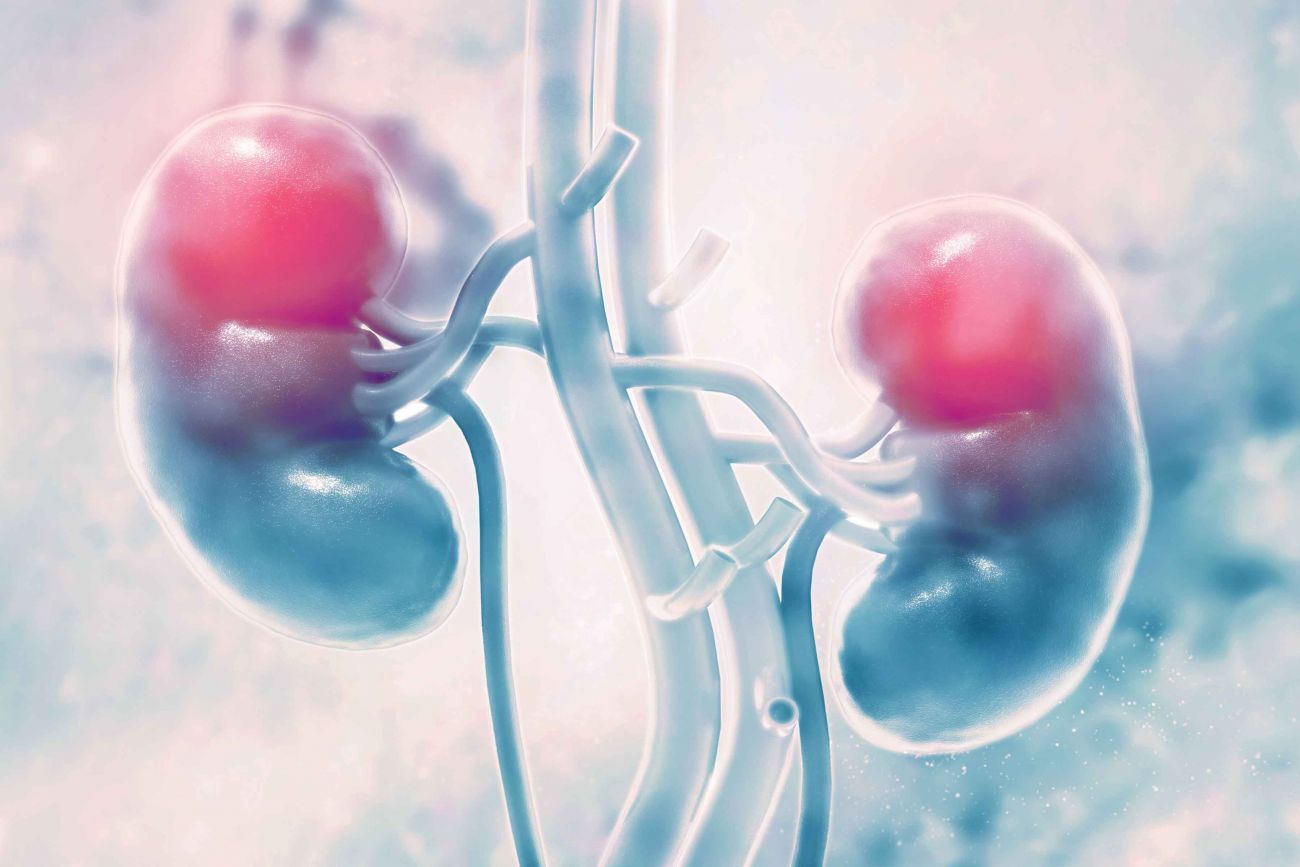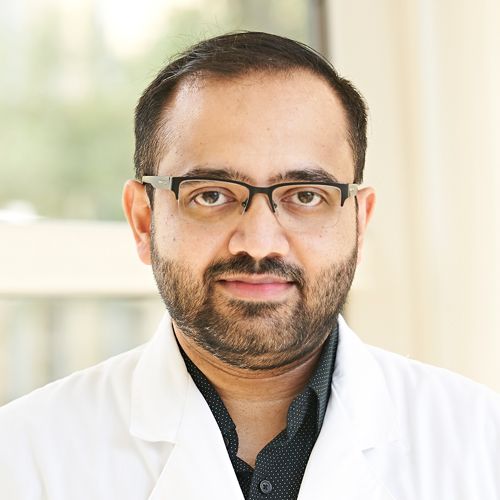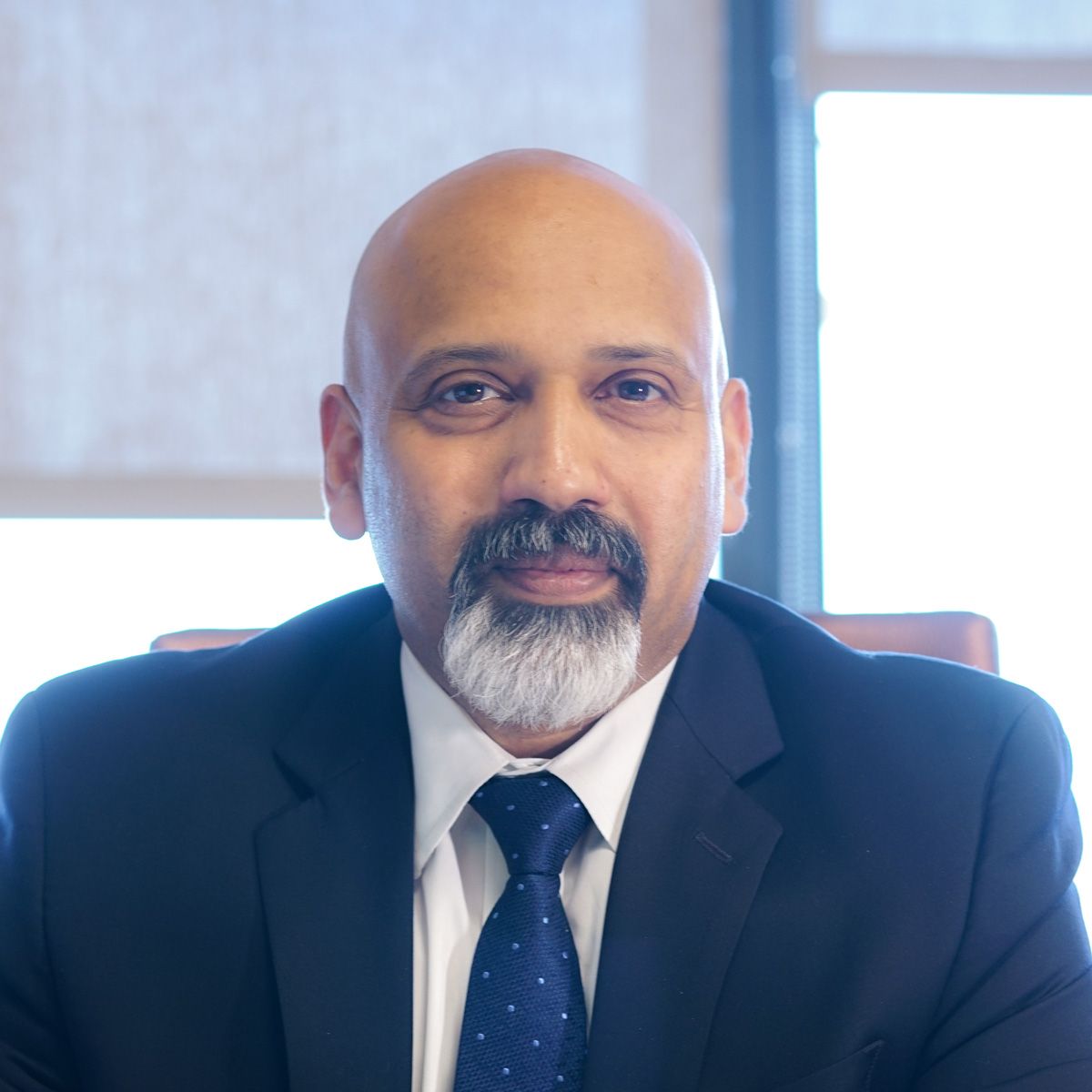Six-center study, largest of its kind in patients with this aggressive subtype of renal cancer, reported at ASCO 2021
- Few studies have focused in on this aggressive subtype of kidney cancer
- Better outcomes in patients who received checkpoint inhibitors at any point
- Findings establish checkpoint inhibitors as preferred therapy for this cancer
BUFFALO, N.Y. — New collaborative research shows that treatment with immune checkpoint inhibitors (ICIs) has led to a significant improvement in survival and response rates among patients with a particularly aggressive type of kidney cancer: advanced sarcomatoid renal cell carcinoma. The study, which was led by a team from Roswell Park Comprehensive Cancer Center and involved contributors from six centers, is detailed in a presentation at the American Society of Clinical Oncology 2021 virtual annual meeting (abstract 4568).
“We demonstrate that patients treated with this form of immunotherapy had markedly higher overall survival and response rates compared to those who had never received checkpoint inhibitors,” says study first author Dharmesh Gopalakrishnan, MD, a Hematology-Oncology Fellow at Roswell Park who earned a 2021 ASCO Annual Meeting Merit Award for this mentored project. “The benefits persisted even if the immune checkpoint inhibitor was administered in the second line or beyond, and among patients with non-clear cell histology — the hardest-to-treat sarcomatoid kidney cancers.”
“This study clearly establishes immune checkpoint inhibitors as the preferred therapy for patients with advanced sarcomatoid kidney cancer,” says Saby George, MD, FACP, Professor of Oncology and Medicine and Director of Network Clinical Trials at Roswell Park.
Sarcomatoid kidney cancer is a highly aggressive variant associated with poor prognosis. This multi-institutional retrospective study, the largest of its kind to date, looked at the treatment outcomes for 204 patients with metastatic sarcomatoid kidney cancer treated at six U.S. academic cancer centers over the last decade.
The research team reports that the overall survival benefit from this form of immunotherapy was maintained among patients previously treated with chemotherapy or targeted treatments. They also observed significant benefit from treatment with ICIs among patients with non-clear cell or mixed-histology sarcomatoid kidney cancer.
“Previously, our understanding of the impact of immune checkpoint inhibitors on this patient population was based on small subgroup analyses from randomized trials that included all patients with advanced kidney cancer, of whom only a minority had sarcomatoid differentiation,” notes Dr. Gopalakrishnan.
The study included an analysis of consecutive patients who had renal cell carcinoma with any sarcomatoid component and had undergone systemic therapy for advanced disease. Patients were classified into two groups — those who did or did or did not receive immune checkpoint inhibitors at any point during their treatment.
Researchers measured overall survival from the initiation of first systemic therapy and defined time to immune checkpoint inhibitor failure (TIF) as the interval from initiation of immune checkpoint inhibitor to subsequent therapy or death.
Of the patients who met the inclusion criteria, 67 percent were male and 89 percent were white. The median age at renal cell carcinoma diagnosis was 59.7 years. Sixty-three percent of patients had signs of distant metastases, or cancer spread at diagnosis, and 90 percent had intermediate or high risk of a poor outcome. The researchers reported that demographic and clinical features were largely similar between the two groups.
Based on their multivariate analysis, the team reports that ICI-negative status, non-clear cell histology and a sarcomatoid component of 20 percent or higher were predictive of all-cause mortality. Patients with non-clear cell or mixed histology in the ICI-positive group had higher overall survival and overall response rate compared to patients in the ICI-negative cohort.
“After a median follow-up period of 48.1 months, median overall survival and response rates were significantly higher in the ICI-positive group,” says Dr. Gopalakrishnan. “Overall survival benefit was maintained in patients who received immune checkpoint inhibitors in the second line, after other initial treatment, or later.”
###
Roswell Park Comprehensive Cancer Center is a community united by the drive to eliminate cancer’s grip on humanity by unlocking its secrets through personalized approaches and unleashing the healing power of hope. Founded by Dr. Roswell Park in 1898, it is the only National Cancer Institute-designated comprehensive cancer center in Upstate New York. Learn more at www.roswellpark.org, or contact us at 1-800-ROSWELL (1-800-767-9355) or ASKRoswell@RoswellPark.org.
Annie Deck-Miller, Director of Public Relations
716-845-8593; annie.deck-miller@roswellpark.org


